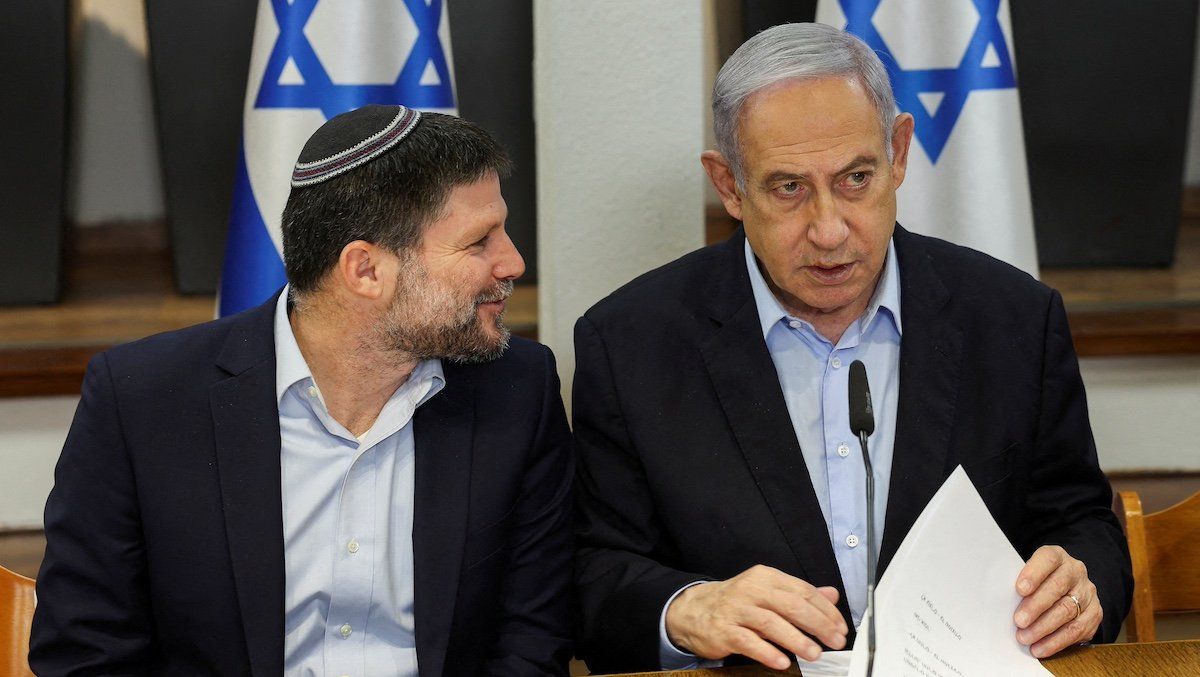Israeli Prime Minister Benjamin Netanyahusaid Thursday his country would “stand alone” and fight “with its fingernails” if Joe Biden followed through on a threat to cut certain arms shipments to the Jewish state.
A day earlier, Biden said he’d stop sending certain kinds of shells, bombs, and other offensive weapons to Israel if Netanyahu proceeded with an invasion of the southern Gaza city of Rafah, where more than a million Palestinians, many displaced from elsewhere in Gaza, are currently sheltering as famine spreads across the strip.
No fingernails needed just yet. Biden’s decision is “a headline-grabbing move that has some eventual impact on Israeli capabilities,” says Clayton Allen, US analyst at Eurasia Group, “but which doesn’t hit at the bulk of US assistance or really diminish what they can do in the coming weeks.” State Department spokesman John Kirby said Thursday the US believes that “smashing into Rafah” isn’t the best way to defeat Hamas and has presented Netanyahu with other options.
What will Netanyahu do? Certain members of his Cabinet are pressuring him to flout Biden’s red line entirely. His ultranationalist security minister tweeted “Hamas ❤️Biden.” But is Netanyahu really willing to risk a deeper split with Israel’s superpower backer?
Biden is also in a tricky spot. “He doesn’t want to follow through on this,” says Allen. “He’s getting hammered by the GOP, most US voters support Israel, and long-term US-Israeli alignment is a key part of US strategy.”
